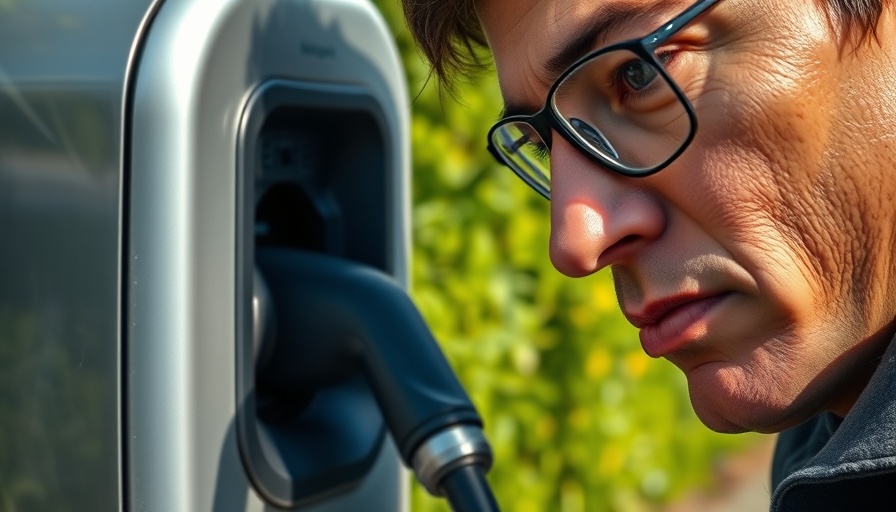
The Growing Importance of LFP Batteries in Electric Vehicles
As the electric vehicle (EV) market continues to surge, with sales doubling recently and projected to quadruple by 2030, the demand for energy storage solutions is higher than ever. One type of battery gaining traction in this landscape is the Lithium Iron Phosphate (LFP) battery. Known for their safety features, longer lifespan, and cost-effectiveness, LFP batteries now account for over 40% of the EV battery market. However, while these batteries offer numerous advantages, managing their lifecycle post-use presents significant challenges, particularly concerning recycling.
Challenges in Recycling LFP Batteries
The inherent challenge in recycling LFP batteries stems from the relatively low value of their raw materials compared to other battery types. This economic factor discourages recycling initiatives, potentially leading to massive waste streams as EV adoption grows. Despite LFP batteries containing crucial materials like lithium, phosphorus, and aluminum, the challenge remains in creating a financially viable recycling process that balances environmental concerns with economic incentives.
Innovative Approaches to Battery Recycling
The recent partnership between TNO and SusPhos B.V. aims to tackle this issue by innovating recyclable technology that combines expertise in recovering phosphates from wastewater with sustainable methods to reclaim metals from electronic waste. This synergy is essential to drive down recycling costs, thus making the process viable within a market where the components are widely seen as inexpensive.
Implications for a Circular Economy in Europe
This initiative does more than just address waste management; it plays a crucial role in Europe’s ambitions toward a circular economy. By efficiently recycling critical materials, such as the targeted 70% lithium recovery by 2030 mandated by the European CRM Act, this project positions itself at the convergence of sustainability and strategic economic interests. As LFP batteries become a strategic focal point amid the U.S.-China trade tensions, efficient recycling pathways could reduce dependence on outside resources, fostering a more self-sufficient supply chain.
Looking to the Future: Sustainable Solutions
The collaboration between TNO and SusPhos represents a pivotal step forward for sustainable practices in battery recycling. As the electric vehicle market continues to expand, developing processes that can reclaim and recycle materials efficiently will not only safeguard ecological integrity but also align with economic goals surrounding resource conservation. For dealers and finance managers, embracing these innovations can be crucial in optimizing operations and staying competitive in a rapidly evolving marketplace.
 Add Row
Add Row  Add
Add 




Write A Comment